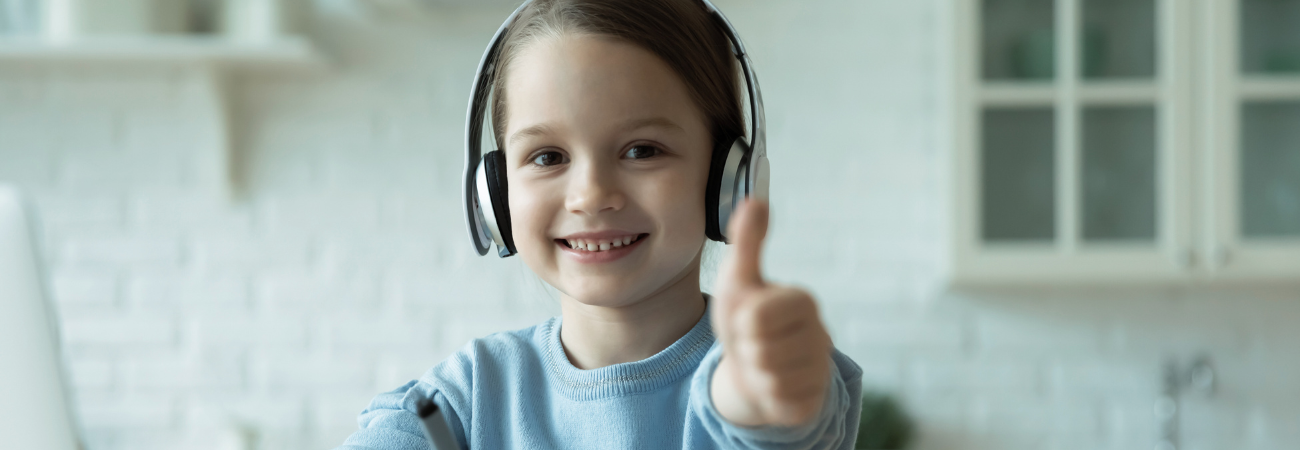AI-Powered Solution for Sound-Sensitive Kids
Project Category: KBHN Projects
June 6, 2025

Many children and youth living with autism spectrum disorder (ASD) are hypersensitive to certain sounds, and exposure to these can cause significant distress, often leading to behaviours such as covering their ears, yelling, screaming, or running out of the room to escape the noise. Schools typically accommodate sound sensitivity by allowing students to wear earplugs or earmuffs or take breaks in quiet areas, but these strategies block all sounds indiscriminately and can interfere with full participation in class and other activities.
With support from KBHN and KBHF, researchers are developing a device that selectively filters out specific unwanted noises, such as dogs barking, sirens, or jackhammers, while allowing important sounds to come through. Children will wear earphones that isolate them from the surrounding sound environment, while an AI-powered app filters the soundscape and delivers a tolerable version into the earphones.
Currently at the proof-of-concept stage, the device will be tested in real-world settings, with feedback gathered from families, teachers, and experts to guide further development. Once ready for commercialization, the device aims to help kids and youth with ASD feel more comfortable in their daily lives by reducing noise-related barriers to participation, ultimately supporting better educational and social outcomes. The development team also plans to work with government ministries to explore options for making the product eligible for coverage and financially accessible to any family that could benefit from it.
Award
- Kids Brain Health Network: $100,000
- Kids Brain Health Foundation: $500,000
Partners
- Simon Fraser University
- TD Ready Commitment
Team
- Principal Investigator: Dr. Elina Birmingham
- Principal Investigator: Dr. Siamak Arzanpour